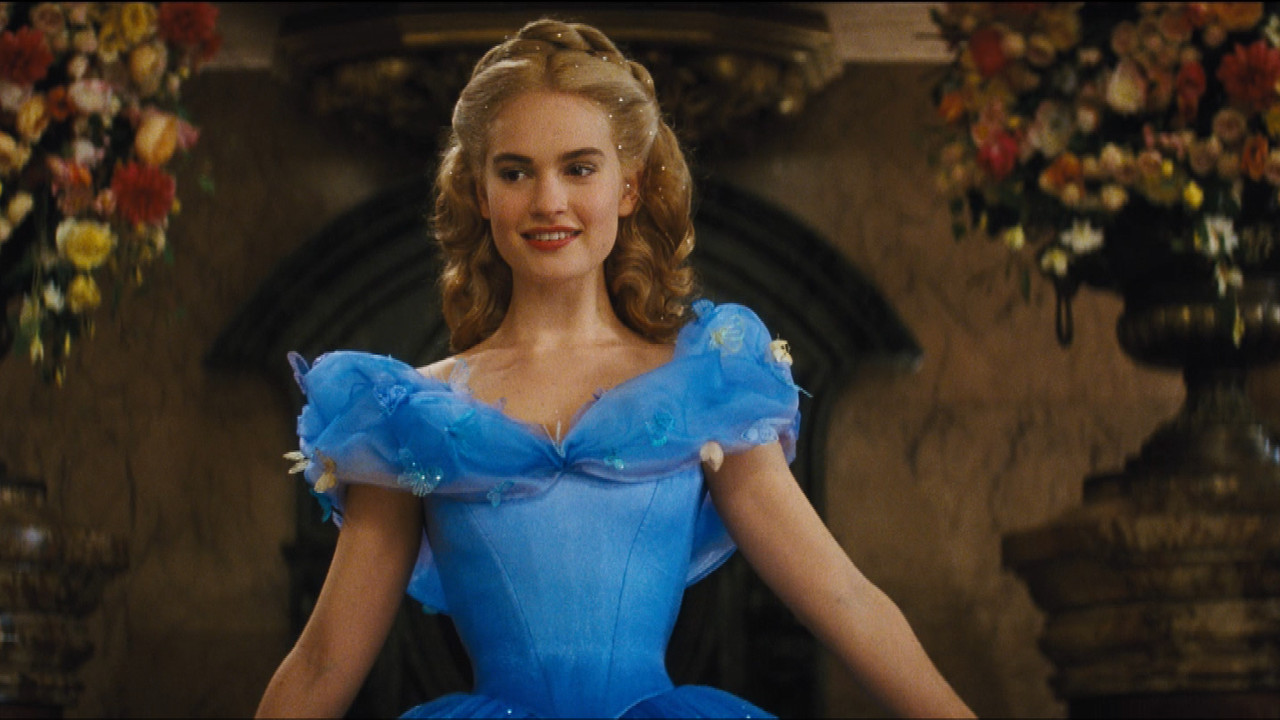We’re totally familiar with the world that is made up of comparisons – we know it very well indeed but – as regards the other world, the world that isn’t made up of comparisons, the world that isn’t a ratio of something else, we couldn’t be more ignorant. Ignorant is precisely the right word here – we ignore the ‘non-comparative’ (or ‘irrational’) world for all we’re worth.
The world that is put together by at the mechanism of comparison-making is a densely interlocked world, a world that doesn’t have any gaps in it. Stuff only gets to be there if it is relatable to everything else that’s in it; this is a club, in other words, and so in order to be invited to join you have to know somebody, you have to have connections. Otherwise, if you are just chancing your luck, you’ll be thrown out so fast you’ll never see it happen, you’ll be shown the door so quickly your head will spin. This is how clubs get to be clubs – by having strict criteria for admission.
Comparison-making locks everything into a ‘logical continuum’, a self-consistent logical system. If we don’t have the right credentials then we’re excluded from any participation – we’ll be ostracised, we’ll be struck off the list. When it’s thought we’re talking about then we’re excluded from existing (since thought says what is true and what is false). What is essentially happening in a logical continuity is that everything is brought under the iron rule of certain specific criteria, which means that the system in question is actually an expression of those criteria, a faithful reflection of them. If it agrees with ‘the golden rule’ then it’s ‘legit’ and if it doesn’t then as far as we’re concerned it doesn’t exist.
We can look upon this situation as the imposition of order (and the eradication of error) or we can look at it as an information crash, a catastrophic loss of diversity. From the point of view of the rule that is being followed, the imposition of order – which is to say the enactment of that rule – is the best possible thing, the thing that is guaranteed to give rise to the optimum or ideal situation. This view of things is utterly redundant however, it doesn’t mean anything because a rule is a bias and bias is always going to rule in favour of itself. A rule always takes the position that it is ‘right’, after all – it agrees with itself no matter what and it is strength of its conviction in this regard (so to speak) that makes it ‘a rule’.
In a system that is made of logic ‘there is a place for everything and everything has its place’ and this is highly significant from a psychological point of view because this embeddedness creates a massive amount of ontological security – we know where we are in relation to everything else and this means we are able now to know who or what we are. We know ourselves via reference to all the ‘givens’ that we have been provided with, a ‘given’ being something we don’t have to question because we trust where it comes from, because we have total faith in the authority which issues it. It is because the continuum of logic is such a tightly run ship that we get this feeling of security with respect to the big question of ‘who, what or why we are’, which might lead us to suppose that we’re onto a good thing here. We might very easily suppose that we have a winning formula here but if we do suppose that then we’re making a big mistake! We’re making the biggest mistake we ever could make…
The problem with everything in the system of logic being so closely tied in with everything else (so that everything can be known as a ratio of everything else) is the resultant impoverishment, the resultant loss of information that we have already talked about. If everything can be known in relation to everything else (or in relation to an ideal standard) then what this means is that we are really just dealing with the one thing; it means that there’s no real diversity there, only bland uniformity, only dull regularity. The world that is created by a comparison-making (or ratio-taking) mechanism is entirely formulaic in other words, we only need to know the formula and we can predict everything that happens in that set-up on this basis.
The world that is made by comparing one thing with another (such that if a particular thing can’t be compared to anything else then it doesn’t exist) is a mock-up of a world, it’s a mock-up of a world (rather than being the real thing) because it all boils down to the same old thing repeated over and over again, as if it were possible to say something new, something unexpected this way, something that isn’t just ‘the same old thing over and over again for the zillionth time’. And even this ‘same thing’ – were we to examine it closely enough – would prove to have no worth, no validity, no value, no actual meaning. It’s a hallucination, it’s a virtual reality production. Or – as we could also say – it’s an example of ‘tautological self-creation’ in that once the system is up and running it will validate itself for the rest of eternity. The logical set-up will always declare itself to have a ‘proper, bone fide existence’ but this is ‘existence within its own terms’, and since ‘its own terms’ are purely arbitrary this doesn’t translate into anything real – it translates into ‘pure moonshine’! We ‘exist’ within the game but because the game itself isn’t real that particular recommendation means precisely nothing…
The thing about the Referential World (or ‘the World of Ratios) is therefore that the image (or appearance) is highly impressive whilst the content is anything but. There actually is no content. The non-comparative (or ‘irrational’) world – on the other hand – doesn’t actually have an appearance or an image. When we say ‘real’ what we generally mean by this term is that there is a specific appearance of some sort or another; we couldn’t know about it otherwise so obviously there has to be some sort of tangibility there – how would we have a clue what we’re talking about otherwise? How would we know that there is anything there to be talking about in the first place? There might be nothing at all, but we wouldn’t be able to know the difference; logically therefore this doesn’t make any sense whatsoever. We want to subject everything to either / or logic (i.e., ‘either it exists or it doesn’t’) but it just doesn’t work like that – as the Buddhists say, the entity of reality neither exists nor ‘not-exists’. It neither ‘is’ nor ‘is not’…
Tangibility – which is to say, having some sort of appearance or form – isn’t an attribute of reality and it is an elementary mistake to think that it is. To assume – as we do – that reality is obliged to be tangible and intelligible to us is charmingly naïve, we might say. It’s like thinking that the earth is at the centre of the solar system, or that the universe was created for the benefit of us human beings. We’re not going to see anything straight until we realise that we aren’t the centre of everything, that reality isn’t about us and that it doesn’t have to match our delusions. To quote Robert Anton Wilson (referencing a line from the Humphrey Bogart film The Treasure of the Sierra Madre) from his book Quantum Psychology –
Reality? We don’t got to show you no stinkin’ reality.
The universe is under no obligations to fit into our ridiculously narrow expectations of it – we do of course have a highly robust expectation that it should, but it simply doesn’t. What we think or expect doesn’t count for anything, insulting though this may sound! The way things are is the way they are – the Dao doesn’t have to suit anybody or fit in with anything. In Daoist philosophy this point is made very clearly; in the Dao De Jing we read –
The Tao is like a bellows: it is empty yet infinitely capable. The more you use it, the more it produces; the more you talk of it, the less you understand. Hold on to the center. The Tao is called the Great Mother: empty yet inexhaustible, it gives birth to infinite worlds.
The Dao, we are told, cannot be touched, seen, heard, smelt or tasted and yet – despite this apparent deficiency – when we use it we find that it is inexhaustible. This fickle thing called ‘appearance’ has nothing to do with the essence of reality therefore but everything to do with our mode of perception. ‘We see the world not as it is, but as we are’ as it is often said. If we’re not taking some sort of specific angle or stance with regard to the question of ‘how we are going to view things’, then there is no ‘appearance’. Appearances only ever belong to the observer, in other words. There is no appearance because there’s no ‘discrete observer’ out there to receive it, and there are no measurements that can be obtained because there is no ‘external measuring device’ to perform the measuring (i.e., ‘the comparing’).
When we talk about appearance this has nothing to do with the actual nature of intrinsic nature of reality therefore; it has nothing to do with the reality of what’s going on and everything to do with our ‘mode of perception’.‘ How the world appears’ is entirely relative to ‘how we look at it’ and so if we’re not using some instrument to obtain measurements (if we’re not assuming some sort of specific attitude with regard to ‘how to look at it’) then there simply is no appearance. There’s no external observer out there for it to appear to – that’s just a fantasy that we are running. When we say – ‘Something which can’t be detected can’t be real’ what we are actually saying is ‘Unless it fits in with our ideas about it then it doesn’t exist’, but this is of course getting it exactly the wrong way around; we’re bringing everything down to our level, assuming that our level is somehow relevant, but what we’re doing here however is throwing away information.
When we ask the inevitable (but all the same entirely meaningless) question ‘What is reality?’ then what we’re actually asking (if the truth were to be known) is ‘How does reality validate my taken-for-granted existence?’ (since I’m not in the least bit interested in ‘the thing itself’ but only in what ‘the thing’ means to me). This is a complete non-starter however because reality DOESN’T have any relation to us; the problem here isn’t to do reality but with us – we’re the weakest link here, we are the assumption that turns out to be totally unfounded. This is the meaning of the word ‘relativity’ – we are – quite simply – a function of our own way of looking at things….
Image – Playground AI






